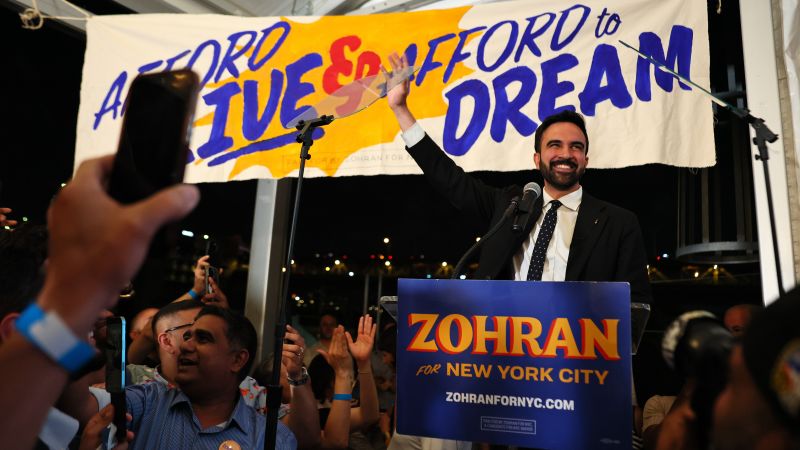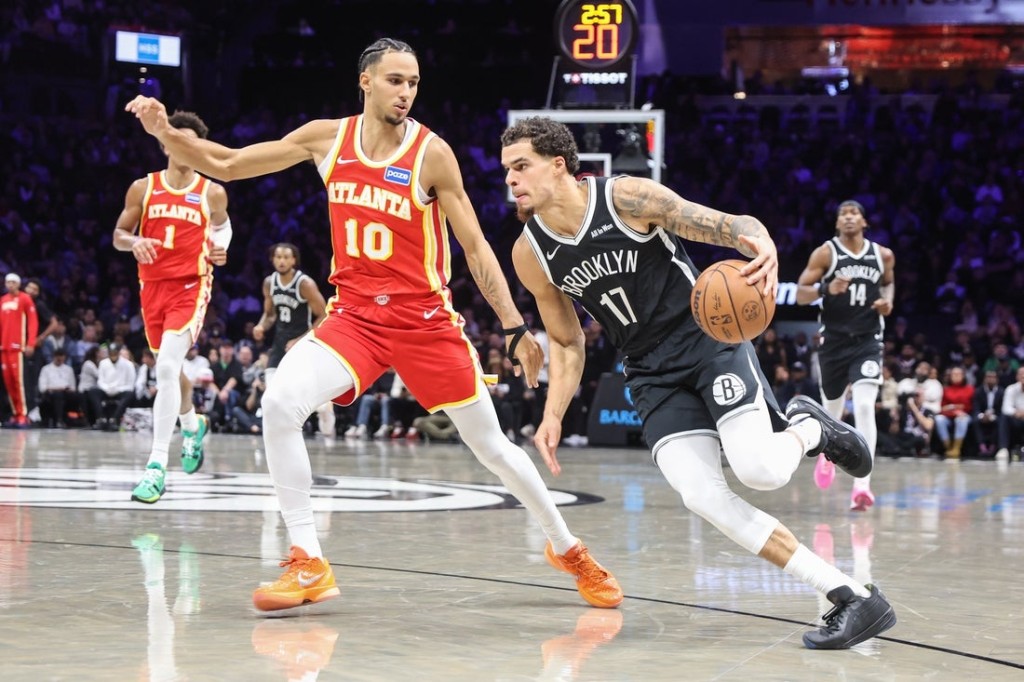Progressives Target Hakeem Jeffries Following Mamdani’s Win

New York City’s political landscape is shifting as progressive factions, emboldened by the recent victory of Zohran Mamdani in the mayoral primary, are eyeing challenges against several Democratic incumbents in the House of Representatives. At the forefront of this potential upheaval is Hakeem Jeffries, the House Minority Leader, who is reportedly at the top of the list for primary challenges. Jeffries has responded defiantly, indicating that he is prepared to fight back against any such attempts.
The Democratic Socialists of America (DSA) and the Working Families Party are rallying behind the momentum generated by Mamdani’s win. This victory, which saw Mamdani attract a younger, more affluent voter base, has prompted discussions among his allies about launching challenges against five House members, including Jeffries, Ritchie Torres, Jerry Nadler, Dan Goldman, and Yvette Clarke. Unofficial election data suggests that in most of these districts, Mamdani and city comptroller Brad Lander collectively garnered more votes than former Governor Andrew Cuomo in the initial round of voting.
The term “Team Gentrification” has emerged within Jeffries’ political circles, reflecting a perception that Mamdani’s supporters are primarily composed of newer, wealthier residents who may not represent the long-standing constituents in these districts. This sentiment underscores the tension between established Democratic politicians and the progressive wing advocating for change.
While Mamdani has not publicly opposed efforts to challenge the incumbents, his press secretary indicated that he would refrain from commenting on the matter. Close advisors to the targeted Congress members assert they possess the necessary community ties and resources to withstand any primary challenges. They express skepticism about the likelihood of success for progressive challengers, recalling how Alexandria Ocasio-Cortez‘s primary victory over Joe Crowley in 2018 has made incumbents more vigilant but also more resolute in their positions.
Jeffries, who has faced past challenges from leftist candidates but ultimately triumphed, is currently focused on retaking the House from what he describes as “MAGA extremists.” His senior advisor, André Richardson, warned that if “Team Gentrification” opts for a primary fight, it will be met with a “forceful and unrelenting” response. Jeffries is set to meet with Mamdani next week before making any endorsement decisions regarding the mayoral nominee.
Despite the progressive wave, many incumbents, such as Greg Meeks and Adriano Espaillat, have expressed confidence in their positions, with Meeks labeling any potential primary effort against Jeffries as “foolish.” The overarching goal among many in the delegation remains focused on strengthening Democratic control in Congress, particularly as they prepare for the 2026 elections.
The shift in dynamics also raises questions about generational change within the party. Nadler, who recently endorsed Mamdani, noted the importance of assessing candidates based on their merits rather than age. As the political climate evolves, he remains committed to his progressive record and intends to run again, despite speculations about his retirement.
Mamdani’s allies emphasize the importance of connecting with younger and racially diverse voters to ensure broader electoral success. However, not all local progressives see immediate primary challenges as necessary, with figures like state Senator Jabari Brisport acknowledging the need for incumbents to adjust to the changing political landscape.
In terms of upcoming races, some political analysts suggest the implications of Mamdani’s win may extend beyond congressional primaries. Local officials, such as Justin Brannan, are contemplating challenges in traditionally Republican districts, reflecting a broader strategy to capitalize on the current political energy.
As the political landscape continues to evolve in New York, the interactions between Mamdani’s progressive camp and established Democrats will likely shape the future of the party in both local and national contexts. With the next elections looming, the potential for significant primary contests remains a topic of much speculation within the political community.






